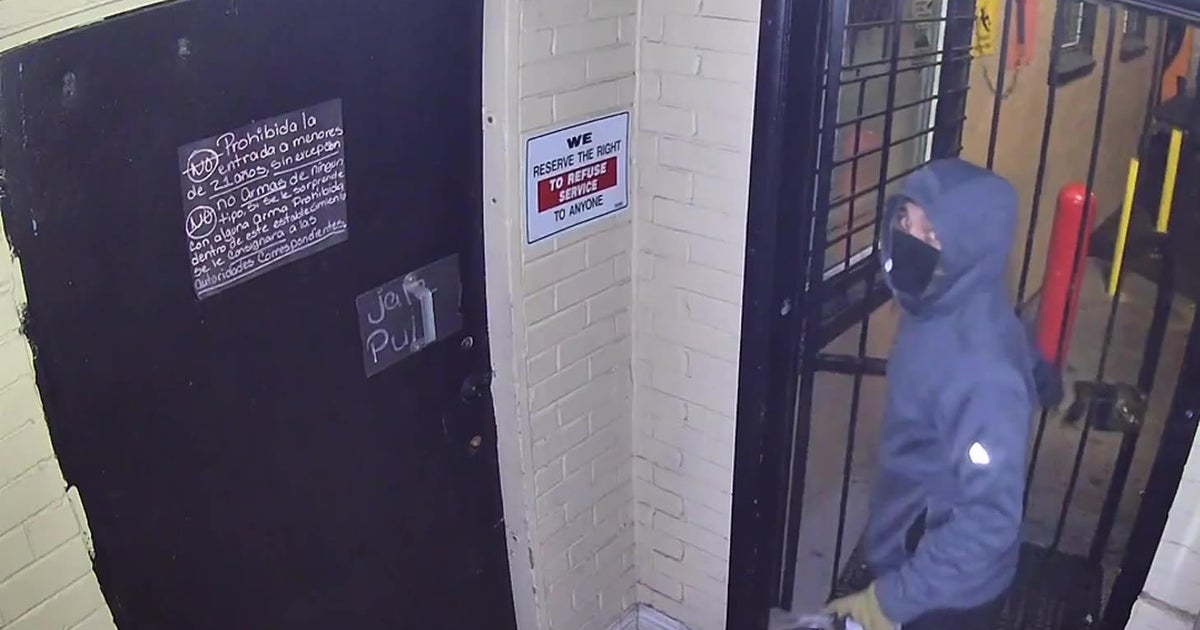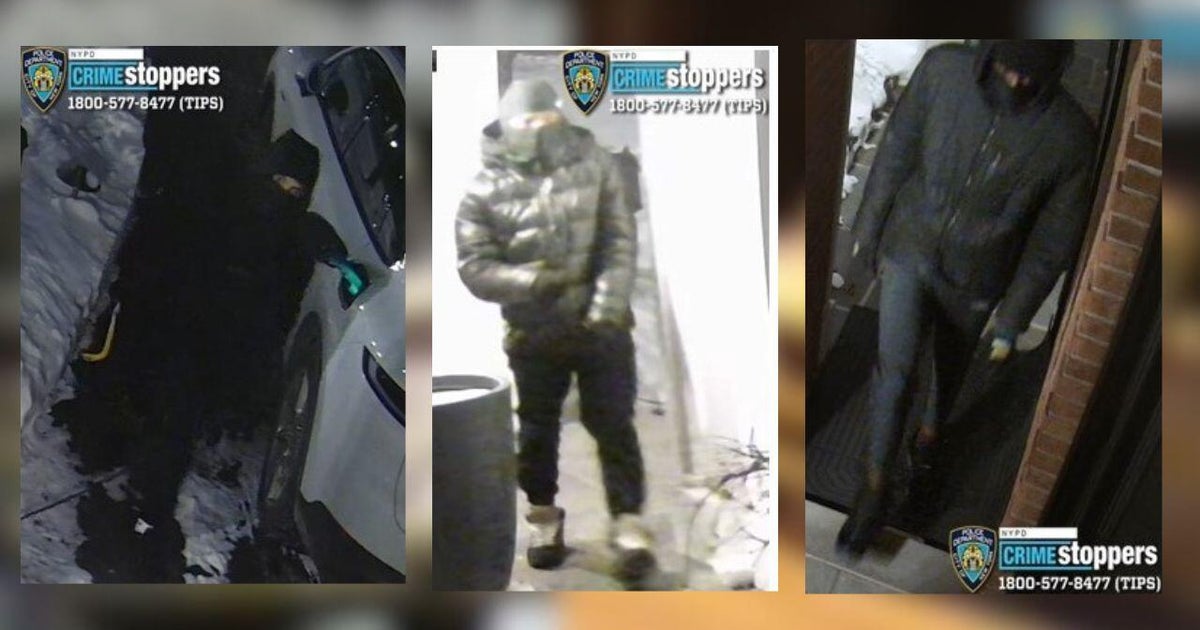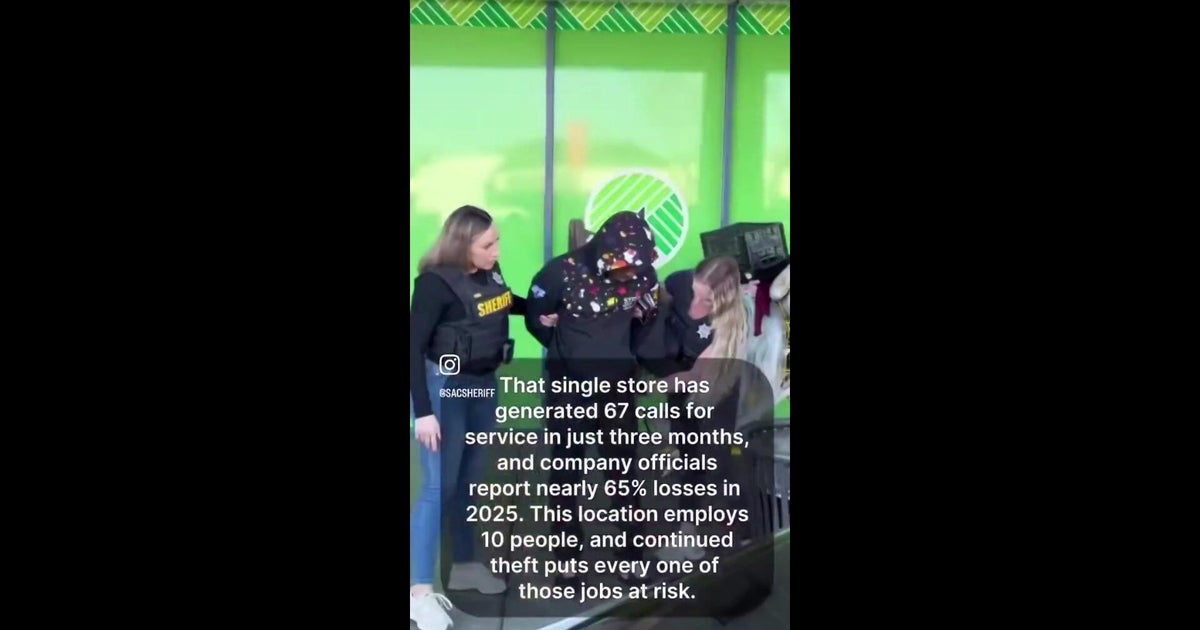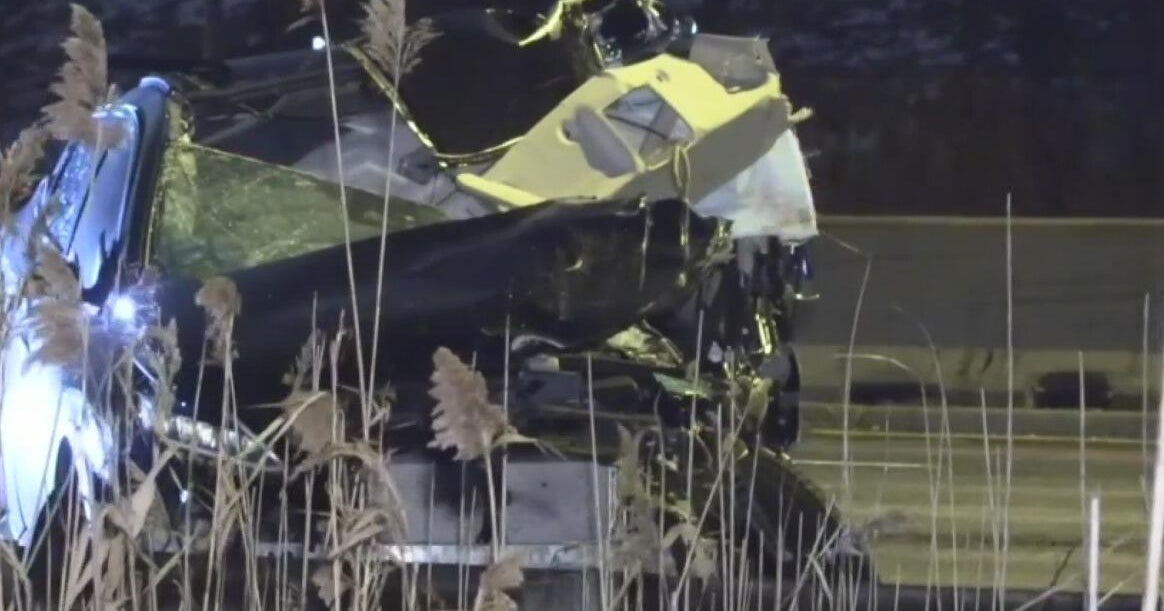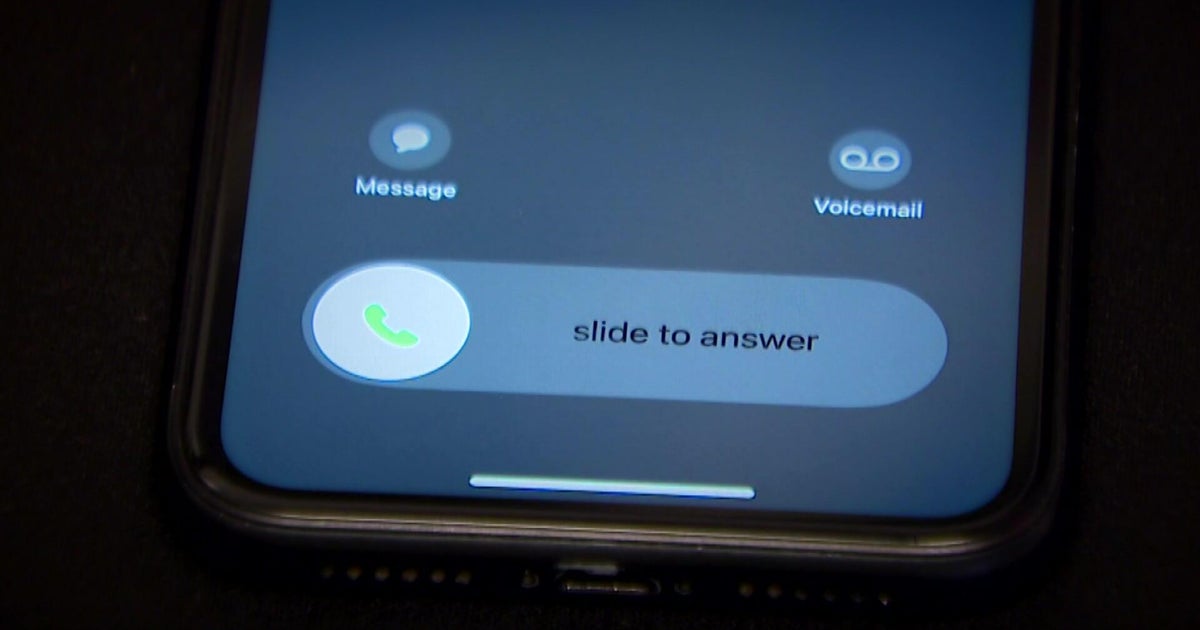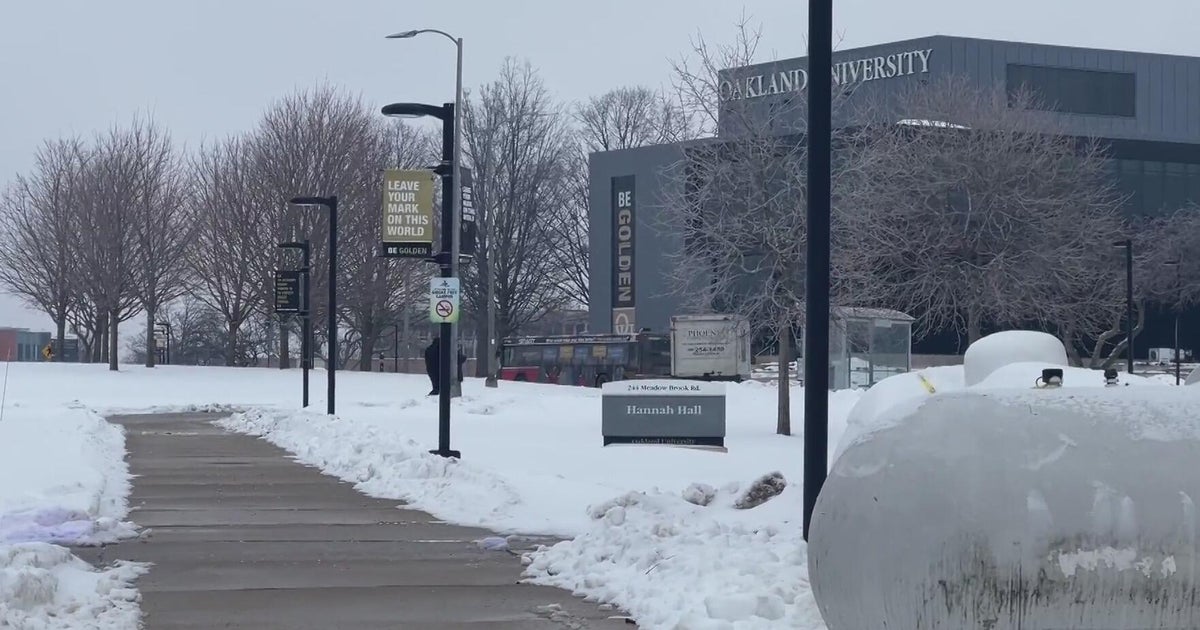Thieves Steal Identities Using New Address Scam
Follow CBSMIAMI.COM: Facebook | Twitter
MIAMI (CBSMiami) -- Kathia Capellupo had no plans to move out of her Charlestown condo but in December, her mail suddenly went south to Florida. Identity thieves had stolen Kathia's credit card, then switched her address, too.
"It was unimaginable that something like this could ever happen. How can someone just change your address?" Capellupo wondered.
Through that diverted mail, the thieves gained access to valuable account information like credit card statements, bank investments, charities and even her utility bills.
Ironically, Capellupo was alerted to the change by mail, one of the few letters she actually received. However, by the time she received that alert, her address had already been compromised.
"To have it rectified is a nightmare," Capellupo explained. Her mail was sent to an empty apartment in Pembroke Pines.
Capellupo reached out to law enforcement in hopes of catching the mail thieves.
"Address changes are a common practice among those individuals that commit this type of crime," said Captain Al Xiques of the Pembroke Pines Police Department. "Unfortunately, the victim learned about it a little bit too late. By the time that she reported it to police and we looked into it, the bad guys were long gone."
A Chicago couple is also dealing with a similar mail mess. Their mail was forwarded without their permission to an address that also happened to be in Pembroke Pines.
"It is just ridiculous what it does to a person. My blood pressure must be sky-high right now," said Debbie Kroll about the dilemma.
It's incredibly easy to change an address. Consumers can simply pick up a postcard at any post office and fill out the old and new addresses. There is no ID required. The Post Office then sends out a letter to the old address confirming the resident wants to make the switch. But in some cases, including Capellupo and the Krolls, by the time that confirmation letter arrived, their addresses had already been changed. The same form is also available online and requires a $1 payment via credit card. That online transaction is supposed to confirm a person's identity, but that step doesn't help if an identity has already been stolen, like Capellupo. "So, I paid to have my address changed fraudulently," she said.
The United States Post Office denied a request for an interview. Instead, the agency defended the process through a statement, which said, "The rate of suspicious transactions reported by customers is less than 1/10 of 1 percent."
However, that means it's still happening to more than 35,000 people a year. The Post Office statement also said, "We are continuously implementing security enhancements, though not seen by the general public, to enhance the security of our change-of-address process. We continue to assess these options, as we determine the best alternatives to protect the needs of our customers."
Weeks later, the headaches haven't stopped for Capellupo. The Pembroke Pines mailbox is now covered in tape and unable to receive mail, but the Charlestown woman is still correcting the address on accounts from her 401K to her credit cards. The ID thieves also managed to open new cell phone accounts through Verizon.
"I'm afraid to open my mailbox, I really am. Because I'm always afraid that something is going to be resurrected," she expressed. "I think they need to reevaluate the whole system."
A decade ago, an Inspector General audit found that this change-of-address system was vulnerable to ID thieves. After hearing about these recent issues, Congressman Michael Capuano asked the Post Office to provide his office with a list of safeguards that have been put in place since that report to protect consumers.

